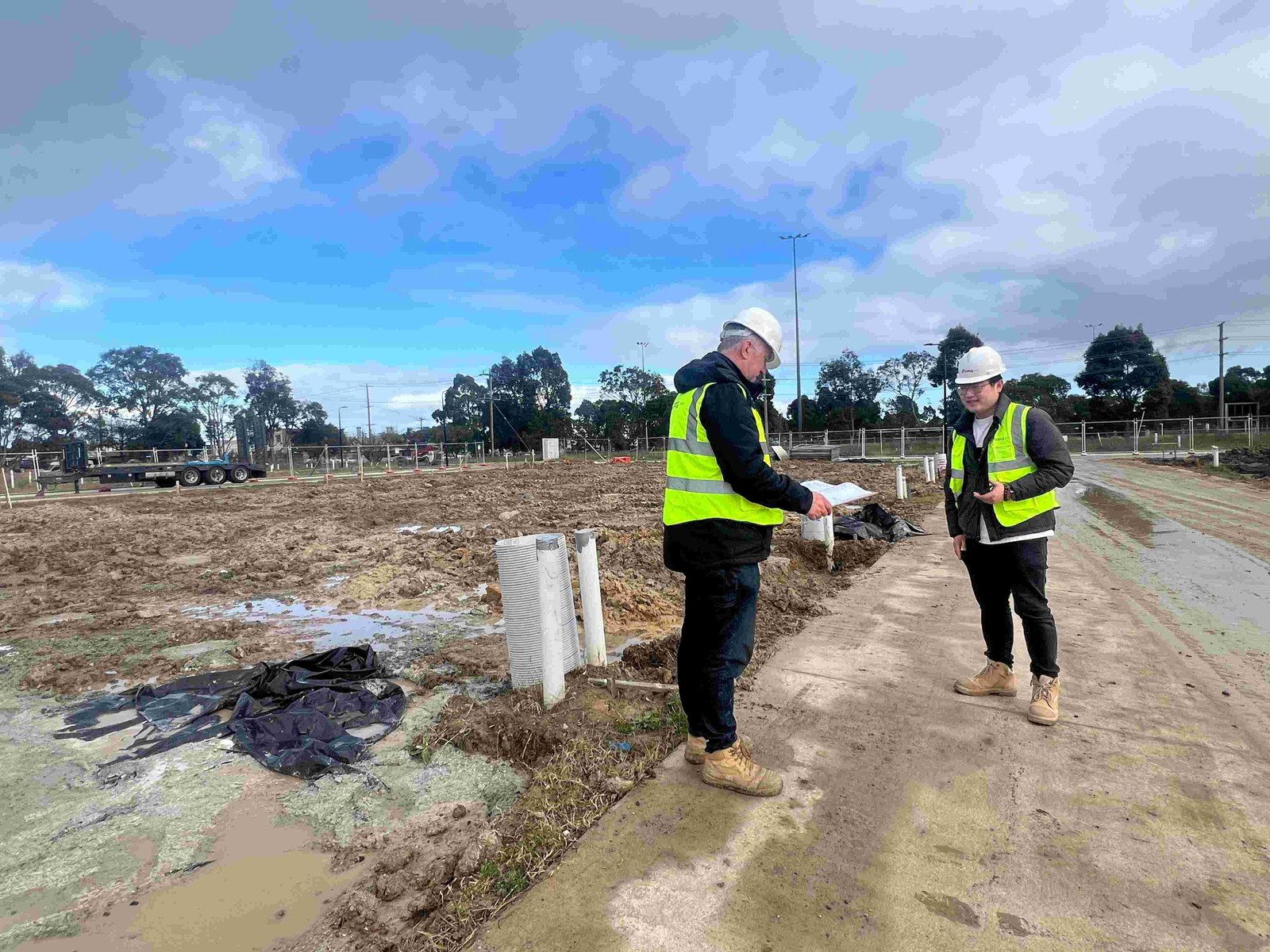The Role of the Forex Broker in a Dynamic Market
In the ever-evolving world of foreign exchange, the broker plays a pivotal role, acting as the essential link between traders and the vast global currency market. Traditionally, a forex broker served primarily as an intermediary, facilitating transactions and providing access to foreign exchange markets. However, the landscape has changed dramatically in recent years, driven by technological innovation and an increasing demand for a more accessible and engaging trading experience.

Technological Advancements Reshaping the Brokerage Landscape
The integration of technology has fundamentally altered the way brokers operate. The rise of sophisticated forex platforms offering real-time data, advanced charting tools, and automated trading systems has empowered traders with greater control and efficiency. Furthermore, the development of robust APIs allows for seamless integration with third-party applications, enhancing functionality and customization. This technological revolution has not only streamlined trading processes but has also opened up new avenues for brokers to attract and retain clients.
The Rise of Social Trading and Copy Trading Platforms
One of the most significant developments in the forex brokerage industry is the emergence of social trading and copy trading platforms. These platforms allow traders to connect with and learn from experienced investors within a social community. Novice traders can copy the strategies and trades of successful individuals, effectively leveraging their expertise and potentially improving their own results. This approach not only democratizes access to sophisticated trading strategies but also fosters a collaborative environment where traders can share insights and learn from each other. The evolution of intelligent copy trading systems has further refined this model, using algorithms to optimize the copying process and mitigate risks.
Focus on Security and Regulatory Compliance
Amidst the rapid technological advancements, security remains a paramount concern for both brokers and traders. Ensuring the safety of client funds and personal data is critical for maintaining trust and credibility. Reputable brokers invest heavily in robust security measures, including encryption, multi-factor authentication, and segregation of client accounts. Furthermore, adherence to stringent regulatory requirements is essential for maintaining a secure and transparent trading environment. Regulation by recognized financial authorities provides traders with a degree of protection and ensures that brokers operate in accordance with established standards.
Staying Informed: The Importance of Forex News and Analysis
In the fast-paced foreign exchange markets, staying informed is crucial for making sound trading decisions. Brokers often provide access to real-time forex news, market analysis, and economic calendars to help traders stay abreast of the latest developments. These resources can provide valuable insights into market trends and potential trading opportunities. Moreover, many brokers offer educational materials and webinars to help traders improve their understanding of the forex market and develop effective trading strategies.
Looking Ahead: The Future of Forex Brokerage
The future of forex brokerage is likely to be characterized by continued technological innovation and an increasing focus on personalized trading experiences. Artificial intelligence (AI) and machine learning (ML) are poised to play a greater role in areas such as risk management, algorithmic trading, and personalized recommendations. Brokers will need to adapt to these emerging technologies and continue to prioritize security and regulatory compliance to maintain a competitive edge. By embracing innovation and focusing on client needs, brokers can continue to provide valuable services to traders and contribute to the growth and development of the foreign exchange markets. The emphasis on user experience and intuitive platform design will be key to attracting and retaining traders in an increasingly competitive market. Moreover, the ability to provide secure and reliable access to global markets while adhering to the highest standards of regulation will be paramount for building long-term trust and credibility.
